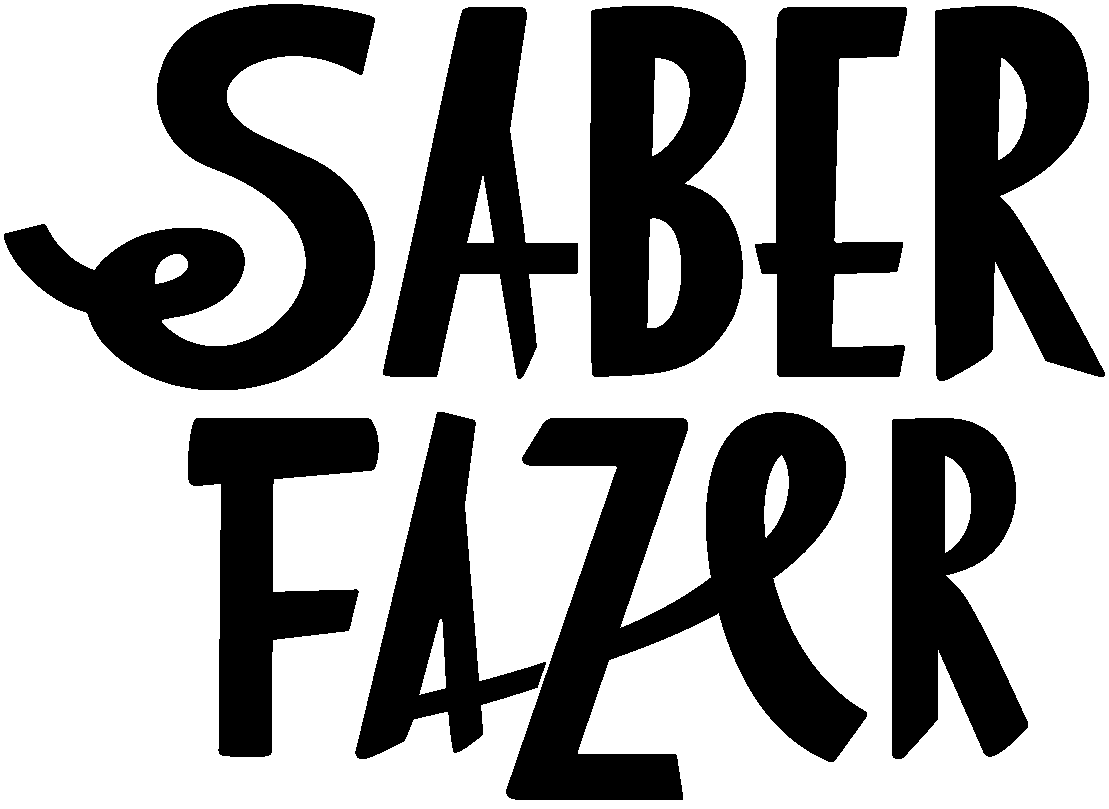A matter of perspective
"I eventually broach the ‘craft’ question and see how Daniel sees himself in the context of London’s east end burgeoning of cottage/barge/spare room business. He stops me mid flow and firmly tells me what he does is anti craft, the perception I am given is he views himself as a neo-industrialist, he expresses his anger of those who seem to view what he does as a novelty which has no real context in the world of manufacturing. He puts it perfectly in summary himself; “It’s the difference between careless mass production and considered mass production.” Then when you look at the end product you can really understand what he is on about. By working on such a smaller scale Daniel is able to produce not just an incredible final product with his attention to detail but also a wide range. It’s not just fashion companies that come calling; his size allows him to produce for private clients looking for their own custom tweed. Daniel launches into a tangent containing speech about the joy of working with such a variety of fantastic designers from all different backgrounds- big boys such as Ralph Lauren work with him and local celebrated designers such as S.E.H. Kelly."
- The Holborn Mag : LONDON CLOTH COMPANY: DANIEL HARRIS & LONDON’S FIRST MICRO-MILL
I have written about Daniel Harris case before, back in 2012, but it is something worthy of bringing back, as it is now an even better and more consolidated example of what I wanted to show at the time.
In this case, a man spends months gathering looms and other related machinery to set up a small mill that can operate in a smaller scale and with high quality.
He then creates his textile business based on those principles, focused on supplying clients that look for high quality products, made locally and ethically. On his way, he even manages to go to other developed countries and help set up similar machinery, so as to help create other small scale mills based on the same manufacturing principles.
Monsenhor Airosa Institute - Braga, Portugal / March 2011
Monsenhor Airosa Institute - Braga, Portugal / March 2011
Monsenhor Airosa Institute - Braga, Portugal / March 2011
Monsenhor Airosa Institute - Braga, Portugal / March 2011
Monsenhor Airosa Institute - Braga, Portugal / March 2011
Around here, similar machinery is standing still in Instituto Monsenhor Airosa, that stopped working somewhere around 2012 (I visited them in 2011). The mill includes rare punched cards jacquard looms, that were even more rare when they were fully working 5 years ago.
I don’t know what IMA’s management is planning to do with all this, but I know that the equipment is viewed as being of “archeological-industrial” value only, which seems to exclude the possibility of bringing it back to activity.
At first sight, this technology seems simply outdated, but that’s not quite right. The textile industry advances made it apparently obsolete for many decades, but in the end it placed it in this middle ground, that is not quite artisanal nor industrial, but that can be very useful. Generally speaking, it allows to manufacture better, less quantity, keeping it profitable because it can be automated, and it can be operated by very small companies and even individuals.
Maybe getting this type of machinery to work isn’t the easiest or cheapest thing to do, but more difficult and expensive than that may be, after sending everything to the junkyard, to rebuild from scratch a technology that we used to have and, the most difficult thing, to recover the knowledge associated with it.
To be fair, the signs of change are very visible when I know about companies that buy old spinning mills that were destined to be destroyed so that they can start their own small scale production or when I hear from industry professionals that are sorry for having discarded small and more specific machinery that they now need to fulfill their new type of clients demands.







